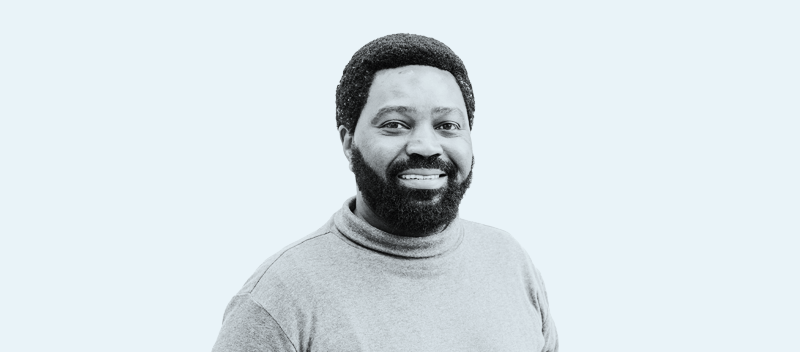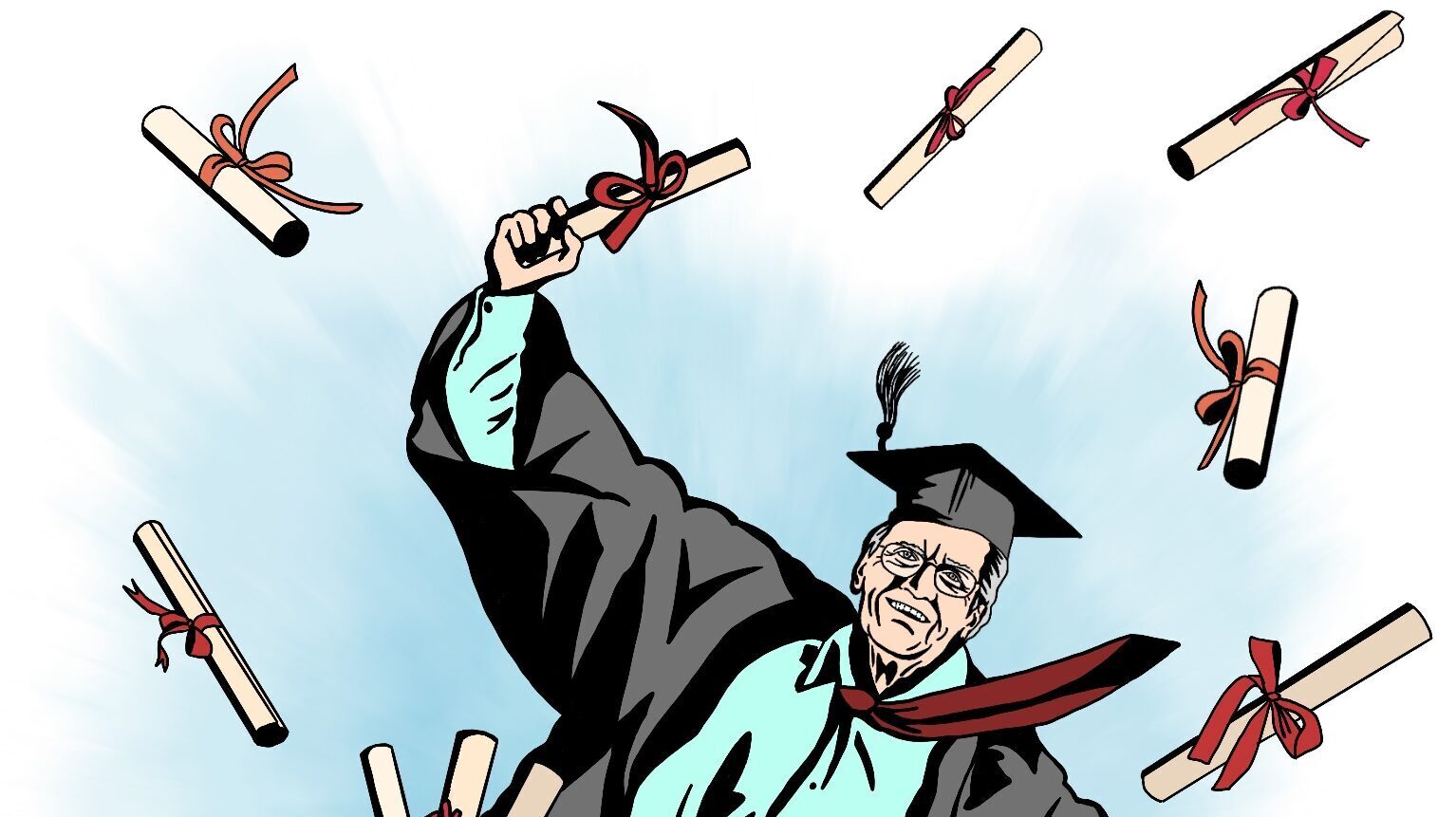Over the past year, we’ve witnessed a changing of the guard with new leaders: a new Dean of Research, a new AID Project Manager, a new Dean of Education, and soon, a new Executive Board member who will take charge of the Finance, Business and Service portfolio. Not to forget several other departmental appointments that have quietly taken place, often missing out on the spotlight.
Are the new leaders paving the way for progressive change, or merely reinforcing the status quo?
But what do these leadership shifts signal? Are they paving the way for progressive change, or merely reinforcing the status quo? Having had the privilege of working closely with many of the former holders of these leadership roles, I can attest to their dedicated outlook towards progressive and responsible change. Unfortunately, I have had limited interaction with the Dean of Research office — a situation that is difficult to explain. Maybe the singular focus of improving the quality and efficiency of research, coupled with delays in addressing inequitable PhD student remuneration, creates an unwelcoming environment for students, further restricting its accessibility. This disconnect is evident in the recent WUR 2025 PhD survey. Despite its comprehensive scope, the survey failed to include even a single question about the unfair and unequal remuneration of non-contract PhD students. Instead, it focused on procedural awareness, the research environment, the relevancy and role of graduate schools, supervision and associated challenges. While the anonymous data will be analysed and the information used to improve the WUR PhD programme, the real and deeper structural issues remain untouched and far from being included in a critical agenda.
While there has been a changing of the guard, if WUR is truly committed to shaping responsible change then leadership transitions must be accompanied by genuine engagement with those most affected – especially PhD students navigating systemic challenges. Anticipated change must be more than symbolic; it must be inclusive, responsive, and rooted in lived realities. Without that, the status quo will be the order of the day.

 Photo Guy Ackermans
Photo Guy Ackermans 

